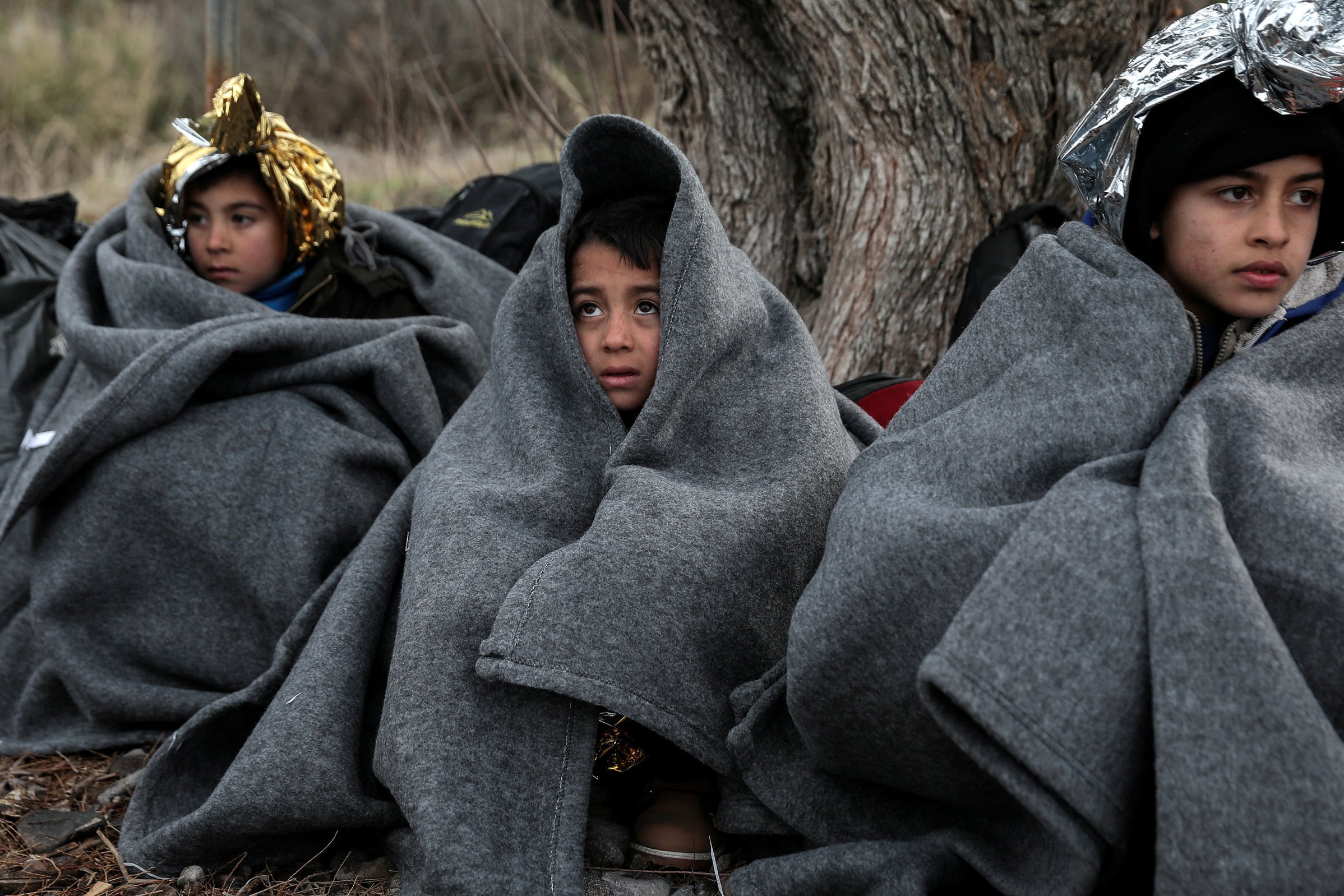Greece’s migration ministry says Finland has agreed to take in 100 unaccompanied refugee children and 30 adults, expanding the number of European countries which have begun taking in young asylum-seekers from Greece, after heavy criticism by a rights group.
Greece’s Migration and Asylum ministry said Thursday the agreement came in a call between Deputy Minister Giorgos Koumoutsakos and senior Finnish Interior Ministry official Olli-Poika Parviainen, an adviser to Interior Minister Maria Ohisalo.
In February, the Finnish Interior Ministry said it would take up to 175 asylum-seekers from camps in Cyprus, Greece, Italy and Malta “to alleviate the humanitarian situation” of refugees in the Mediterranean members of the European Union.
The children, and the adults who will be reunited with family members already in Finland, will be relocated in the coming weeks, by the end of May, Greece’s ministry said, adding this was “a decision of practical solidarity” by the Nordic country.
The government has reached out to other EU countries to help share the burden, and in recent weeks 12 children were flown to Luxembourg and 47 to Germany.
Tens of thousands of asylum-seekers and other migrants live in dire conditions in Greek camps. The conditions have worsened recently due to outbreaks of coronavirus.
More than 42,000 people currently live in the overcrowded camps on the Greek islands, including about 5,500 unaccompanied minors. Around 10% of them are under 14 years old, according to police agency Europol.
The worst congestion occurs in camps on five Aegean islands near Turkey where there are more than 36,000 people with space for fewer than 6,100 people.
The European Union said on March 13 that a group of member countries had agreed to take at least 1,600 children who reached Greece traveling without their parents. But restrictions EU member nations adopted to slow the spread of the coronavirus complicated efforts to start putting the deal into effect.
To date, 10 member states – Belgium, Bulgaria, France, Croatia, Finland, Germany, Ireland, Portugal, Luxembourg and Lithuania, as well as Switzerland – are part of the initiative.
Greece’s decision to relocate unaccompanied migrant children came on April 14, the same day as a rights group described Athens’ detention conditions for minors as “abusive” and called for freeing the children amid the coronavirus outbreak.
Earlier the same day, Human Rights Watch (HRW) urged Greek Prime Minister Kyriakos Mitsotakis to free hundreds of unaccompanied migrant children detained in unhygienic police cells and detention centers in Greece vis-a-vis the coronavirus outbreak.
“The threat of coronavirus infection should push Greek Prime Minister Kyriakos Mitsotakis to finally do the right thing and free hundreds of unaccompanied migrant children detained in unhygienic police cells and detention centers in Greece,” Kenneth Roth, executive director of the HRW wrote on Twitter.
The campaign to #FreeTheKids, which started on April 14, urges people to press Mitsotakis to immediately release unaccompanied migrant children who are in detention and to transfer them to safe, child-friendly facilities. The rights group further underlined that it was initiating the campaign after years of research and advocacy on “Greece’s practice of locking up children who are in Greece without a parent or relative in police cells and detention centers, urging successive governments to end these serious rights abuses.”










Discussion about this post